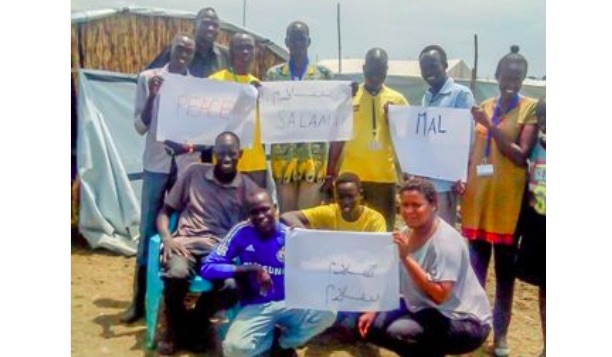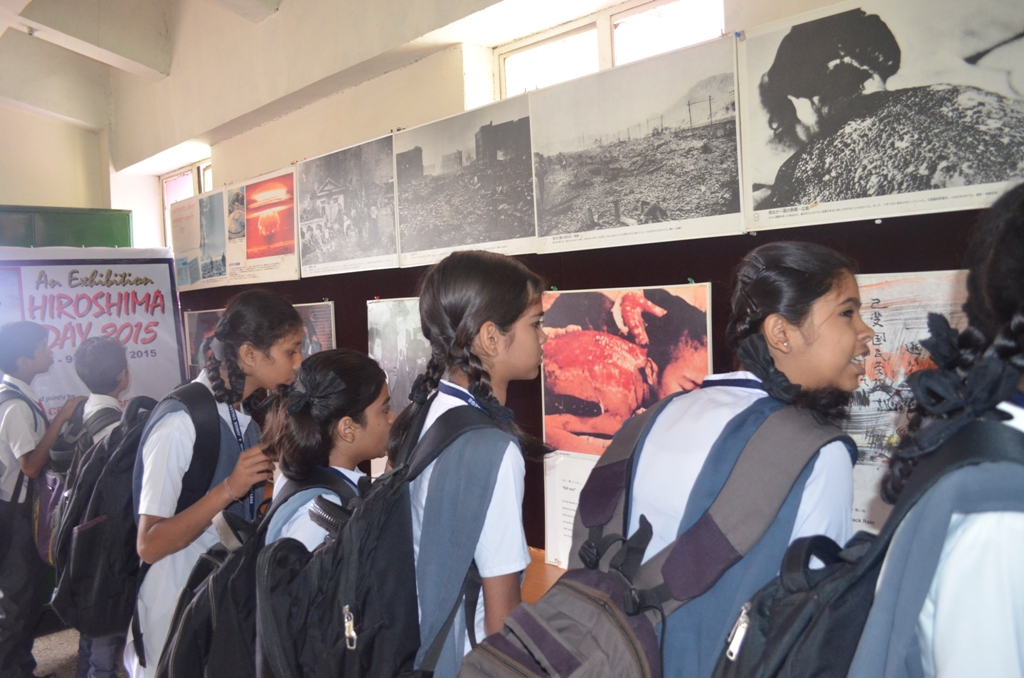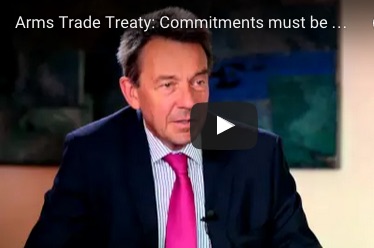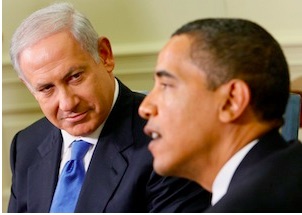DISARMAMENT AND SECURITY .
An article by the BDS Movement (excerpts – one per month)
Here’s our round up of some of the key BDS developments of 2014. The Palestinian Boycott, Divestment and Sanctions National Committee (BNC), the coalition of Palestinian civil society organisations that works to lead and support the boycott, divestment and sanctions (BDS) movement, warmly thanks each and every person who supported and contributed to the BDS movement this year. . .

On August 9, hundreds of thousands of people took to the streets as part of an international Day of Rage initiated by groups in Gaza. Anti-apartheid hero Desmond Tutu called the day one of the biggest ever international mobilisations on a single issue. Photo from Getty images.
January:
In a move that laid the foundation for other European funds to follow suit later in the year, Dutch pension fund PGGM announced it was divesting tens of millions of euros from 5 of Israel’s biggest banks due to their deep involvement in Israel’s crimes against Palestinians. The fund manages the pensions of 2.5 million people. . .
February
Luxembourg’s state pension fund FDC excludes nine major Israeli banks and firms and one US company because of their involvement in Israeli settlements and human rights violations in the occupied Palestinian territories. Meanwhile, Denmark’s largest bank Dankse Bank blacklists Israel’s Bank Hapoalim over settlement construction. . .
March
. . . Victory in Galway as Irish students’ Union votes to join BDS movement
The motion at the National University of Ireland in Galway was passed by an almost 2 to 1 margin and follows on from the Teachers Union of Ireland’s 2013 endorsement of an academic boycott of Israel. . .
April
. . . Students at the University of New Mexico, Wesleyan University in Connecticut, and University of California Riverside vote to support divestment from companies that help Israel violate international law. Meanwhile, the largest student petition in Florida’s history calls for divestment.
May
The Bill Gates Foundation, one of the largest private foundations in the world, divests from G4S. A petition signed by more than 14,000 people and demonstrations outside Gates Foundation offices in London, Johannesburg and Seattle called on the the Gates Foundation to divest from G4S because of its role in providing equipment and services to prisons where Israel holds and tortures Palestinian political prisoners. . . .
June
Years of grassroots organising pays off as the Presbyterian Church (USA) general assembly in Detroit votes to divest its holdings from three US corporations – Hewlett Packard (HP), Motorola Solutions and Caterpillar – on the basis of their well-documented record of complicity in the oppression and denial of human rights of Palestinians.
(article continued in the right column)
Question related to this article:
Presenting the Palestinian side of the Middle East, Is it important for a culture of peace?
Israel/Palestine, is the situation like South Africa?
(article continued from the left column)
July
As Israel began its massacre of Palestinians in Gaza, governments and people of conscience across the world take action to pressure Israel to comply with international law and human rights. Key developments includes:
The Chilean parliament votes to suspend negotiations on a new trade deal with Israel, and Brazil, Chile, Ecuador, El Salvador and Peru withdraw their ambassadors.
A call for a military embargo on Israel launched by 6 Nobel laureates and dozens of celebrities is signed by more than 60,000 people. . .
Dublin city council passes a resolution calling for a military embargo and the suspension of the EU-Israel Association Agreement.
In Turkey, at least 12 local municipalities, a number of major business associations and a major trade union issue calls for a boycott of Israeli products . . .
August
Thousands of supporters of Palestinian rights in the San Francisco Bay take part in pickets and demonstrations that have prevented an Israeli ship from docking at the port in Oakland for four consecutive days. By the end of August, the unloading of Israeli ships has been prevented or disrupted at ports in Oakland, Tacoma, Seattle and Long Beach. . .
September
.. . French multinational Veolia, which has lost billions of dollars of contracts as a result of campaigns over its construction of infrastructure for illegal Israeli settlements, intends to “step back from Israel as a market place” and sell most parts of its Israeli interests during 2015.
October
SodaStream announces it is to close its factory in the illegal Israeli settlement of Mishor Adumim following a high profile boycott campaign against the company that saw retailers and investors across the world cut links with the company. . .
November
. . . The University of California at Los Angeles becomes the sixth of nine undergraduate campuses in the UC system to call for divestment, while the biggest ever student referendum at the University of Exeter calls for the student union to join the BDS movement. . .
December
The Brazilian state of Rio Grande do Sul cancels a major collaboration deal with Israeli military company Elbit Systems in the wake of protests over the firm’s role in oppression of Palestinians.
– See more at: http://www.bdsmovement.net/2014/round-up-13017#sthash.0bcXOTfS.dpuf
(Thank you to Mazin Qumsiyeh for pointing out this article to us.
Editor’s note. Since publishing this article, we have found comments both pro and con this controversial issue. For a comment against BDS, see https://www.transcend.org/tms/2015/06/bds-the-new-enemy.
And for a comment for BDS, see http://america.aljazeera.com/opinions/2015/6/is-bds-the-only-pro-israel-option-left.html
Finally, it should be noted that the boycott is effective. According to a UN report, foreign investment in Israel fell by 50% last year.









